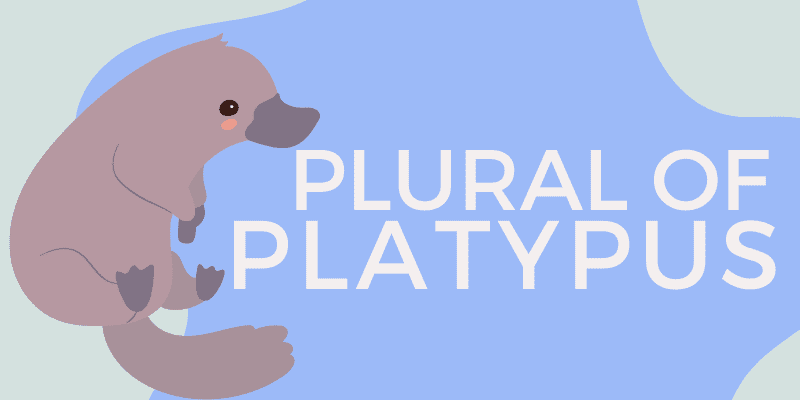Plural of Platypus – Platypuses or Platypi?
Ah, the platypus! This fascinatingly kooky creature has been the subject of scientific inquiry and admiration for decades. With its unique mix of mammalian, reptilian, and avian traits, the platypus is hands down one of a kind. But here’s a good question that might stump you. What is the plural of platypus? Platypuses? Platypi? Something else altogether? Let’s find out! What Is a Platypus? Before we dive into the plural of platypus, let’s take a moment to appreciate what makes …
